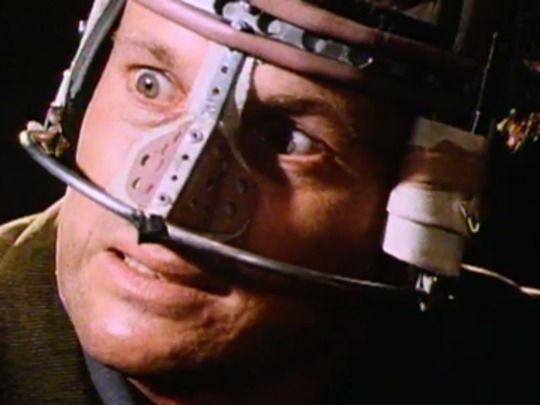
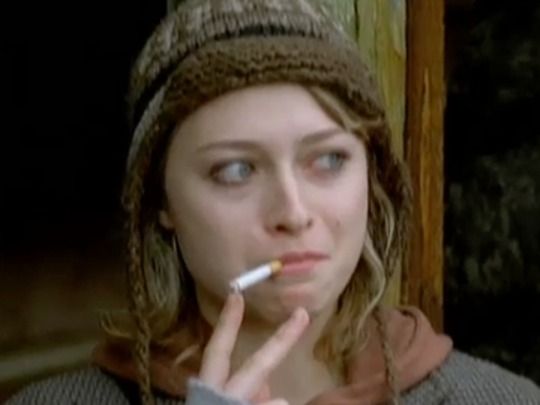
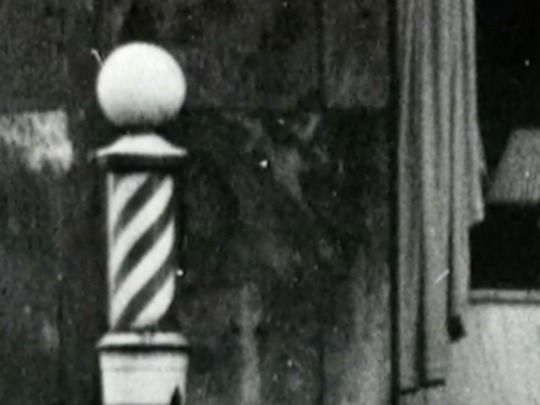
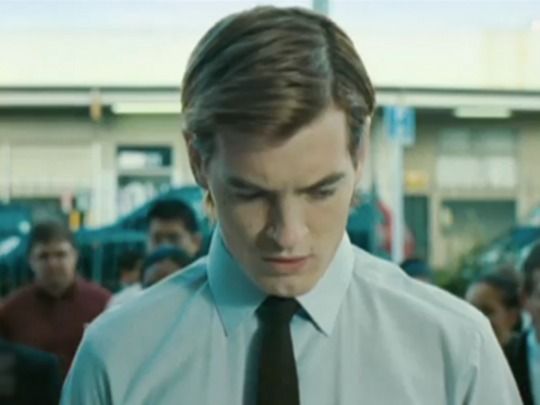
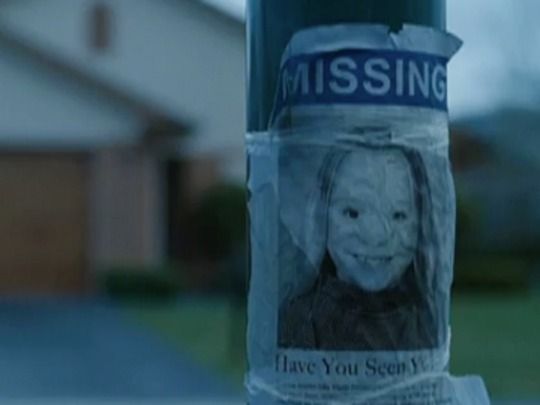
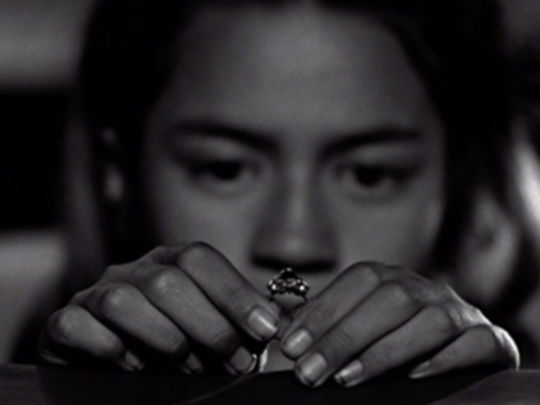
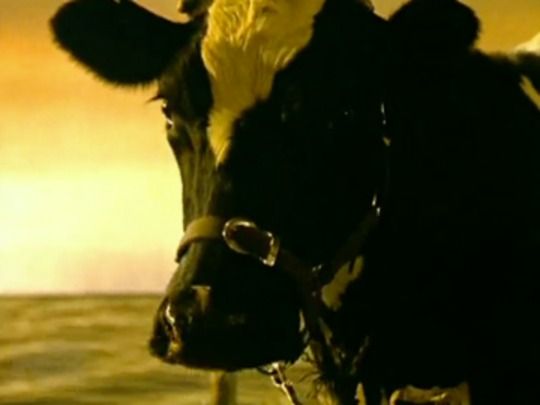
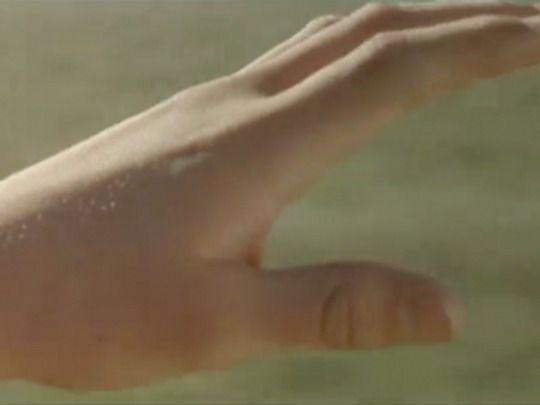
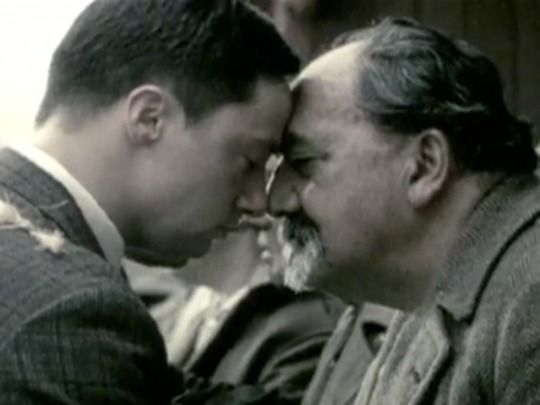
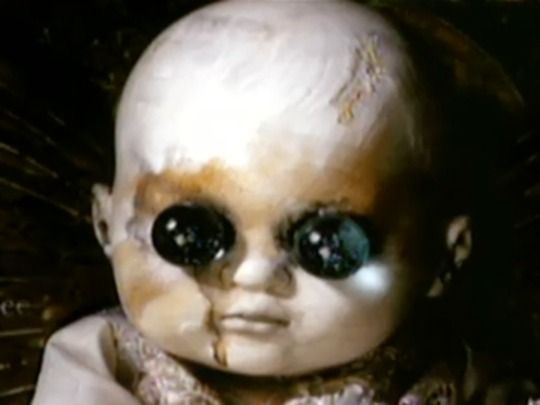
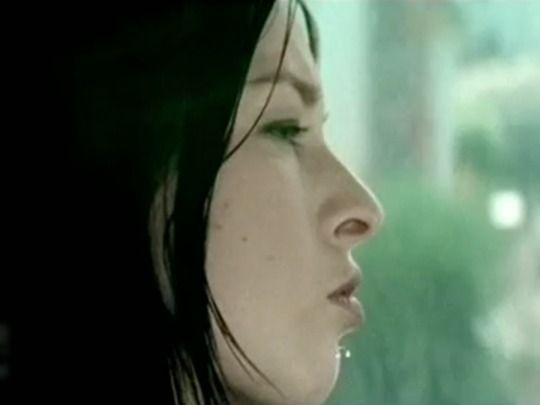

NZ Short Film Collection
NZ Short Film Collection
This collection has two backgrounds:
Paving the way - Kiwi short films

You little beaut: curator's reflections
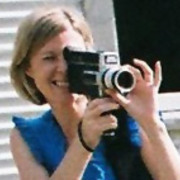
Paving the way - Kiwi short films

By Barney McDonald
One of New Zealand's finest short films is perfectly analogous to the nature of the medium in this country over the past two or three decades.
Alison Maclean's deliciously surreal black and white masterpiece Kitchen Sink*(1989), rivals any of David Lynch's short films, even borrowing certain themes from his debut feature Eraserhead. Most usefully, it sums up the trials and tribulations of making short films on a shoestring while simultaneously mirroring a deep-seated yearning in our creative psyche to pull something special out of the bag - or sink.
Making films of any description in this country is akin to pulling a baby out of a plughole. Many attempts are stillborn. Sometimes a filmmaker has a firm grasp on that hairy umbilical cord, only to see his or her best efforts and hard work end up in a trash bag. Occasionally something magical intervenes and the film morphs from a seed in the back of the mind into a fully fleshed entity that may go on to win awards and startle audiences.
I showed Kitchen Sink at the launch party for my magazine Pavement in November 1993. Kitchen Sink summed up in less than 13 minutes the immense talent Pavement was established to discover and promote, in many ways set the template and threshold for other aspiring local filmmakers to achieve.
Theresa Healey's anxiety, tempered by an inevitable need to pull on the cord protruding from the back of Peter Tait's neck, underscores the awkward relationship New Zealanders have with themselves, each other, the land, and the rest of the world. Sam Neill's 1995 documentary Cinema Of Unease had its finger on the pulse of our idiosyncrasies in relation to feature films. But it's our short films that truly capture our confusion surrounding Aotearoa as either dystopia or paradise.
Inevitably, our feature films have tended toward the more commercial end of the thematic and stylistic spectrum. The New Zealand Film Commission has to justify expenditure of taxpayer money and is mindful of a healthy return on its investment. Short films are rarely expected to turn a profit. The result is a minefield of explosive ideas, characters, settings, situations, gags and stories. How else do we end up with the unforgettable image of Ian Mune disabusing a bovine passenger from behind as he floats across a watery wilderness with fellow minstrel Martyn Sanderson in writer/director Michael Bennett's quirky 2001 short Cow?
Kiwi shorts are where our fledgling filmmakers get to explore every palette of the artistic and psychological spectrum. Take sex, for instance, a subject we continue to struggle with on screen and off. In Peter Salmon's beautifully framed Fog (2007), the consummation of Ricky (Joe Dekkers-Reihana) and Telly's (Chelsie Preston Crayford) passion occurs on a boat anchored in thick fog. It's a beautiful image and moment, only heightened by the boy's dad (Jim Moriarty) reacting with scorn at first light. Contrast this with Jane Shearer's Nature's Way (2006), starring Matthew Sunderland as a psychotic child rapist and murderer, and the dysfunction of life in New Zealand equates to something-wicked-this way-comes in the land of the long dark cloud.
Even when our makers of shorts approach love comically, the underlying feeling that we're a nation of weirdos is omnipresent. In emerging filmmaker Helena Brooks' short Nothing Special, the lead is a painfully shy young man played by Kip Chapman. Emily O'Brien-Brown injects some essential vitality as the girl in red heels, but it's not enough to ward away the unwelcome presence of Billy's hysterical mother, a religious nut played to perfection by Alison Routledge. If we're to be judged by our short films, what on earth must the rest of the world make of us?
If international audiences watch Kiwi shorts like Turangawaewae (2001) and O Tamati(1996), hopefully they're made aware we're a multi-cultural nation with elements of spirituality bred of Māori and Polynesian cultures. Peter Burger's film was selected for Critics' Week at Cannes in 2003 and portrays a Vietnam War veteran struggling in modern New Zealand to literally and metaphorically find his 'place to stand'. In Sima Urale's debut short O Tamati, the talented storyteller explores the pressure of responsibility on the 11-year-old shoulders of Tino, who must look after his siblings while the parents (who are heard but not seen) continue to neglect the children, with tragic consequences.
Clearly, these films aren't designed to promote New Zealand as 100% pure. A nation untainted by the evils afflicting the rest of the world we are not. Instead, they reflect our willingness to delve deeply into our psyche and extrapolate meaning from the seemingly bizarre, off-kilter, borderline deranged behaviour of a nation beginning to emerge from its post-colonial infancy.
Our short films also reflect their function as a fertile breeding ground for talent, both in front of and behind the camera. Kitchen Sink, for instance, boasted Bridget Ikin (An Angel at My Table) as producer, Stuart Dryburgh (The Piano) as director of photography, Grant Major (The Lord of The Rings) as art director and Ant Timpson (Incredibly Strange Film Festival) responsible for special effects and models. If you browse the credits for Don McGlashan and Harry Sinclair's The Lounge Bar, you'll note that the special effects were the responsibility of one 'Peter Jackson'.
Many people working on local shorts passed through the pages of Pavement because the films were beacons of artistic hope. They showed the ideas and images emerging filmmakers were toying with and, quite literally, paved the way for many of these talented folk to step up to the next level.
Having said that, shorts still remain - singularly - a beautiful medium for nailing an idea to the fence post with a piece of No. 8 wire.
July 2010
Film and pop culture writer Barney McDonald was founder and editor of 90s/00s youth magazine Pavement. Since Pavement's last issue in late 2006, McDonald has contributed to various publications including 1AM, The NZ Herald and film reviews for Sunday Star-Times.
*Unfortunately NZ On Screen is no longer able to screen Alison Maclean's Kitchen Sink or Sima Urale's O Tamati.
You little beaut: curator's reflections
Short films are an enigmatic 15 minute window into another world. They provide a temporary escape from reality into the beautiful, cruel, humourous, macabre and sometimes violent human psyche - at times with haunting clarity.
Short films develop characters, plot and complex themes, taking you on an emotional journey all within the time it takes to drink a cup of coffee. They are also an important vehicle for filmmakers to develop their voice, try new ideas and even make mistakes, before graduating to full-length feature films.
In this specially curated selection, you'll find a beginners guide to some of the best short film offerings from top NZ filmmakers. They include tales of alienation, coming of age, grief, revenge and sexual violence. A few of these short filmmakers have already made the leap to features - notably Alison Maclean's critically acclaimed Crush and Jesus' Son, and Harry Sinclair's The Price of Milk and Topless Women talk about their Lives.*
When I first started at the NZ Film Commission in 2006 as the Short Film Manager, I hadn't produced or even worked on a short film. I skipped straight to producing features - without the experience of short filmmaking. In my new role I hoped to encourage aspiring filmmakers to learn the building blocks of their craft on shorts before graduating to the brutal world of feature films. When I began watching the collection of NZ Film Commission short films I realised they were so much more than just a stepping stone, but powerful works of art in their own right.
New Zealand short films are among the world's best and most celebrated. Taika Waititi's Two Cars, One Night was a major hit on the festival circuit, culminating with an Oscar nomination; and NZ has had more short films selected for competition in the prestigious Festival de Cannes than any other country, apart from France.
Wellington filmmakers Mark Albiston and Louis Sutherland took on the international film festival scene by storm with The Six Dollar Fifty Man, their beautifully crafted tale of a tenacious victim of schoolyard bullying who retreats into a make believe world. They won the top prize at Sundance, and received honourable mentions at Festival de Cannes and the Berlin International Film Festival.
This selection is the first in a series of short film collections.
Welcome to the remarkable world of NZ short films!
July 2010
*Unfortunately, as of May 2014, NZ On Screen is no longer able to screen Alison Maclean's Kitchen Sink.
-Director Juliette Veber is known for her social issue docos, Trouble is My Business and Conversations with Teens Mums. She has worked closely with director Harry Sinclair, producing several of his films. Veber has managed short film sales at the NZ Film Commission and oversaw 30 projects for Loading Docs.